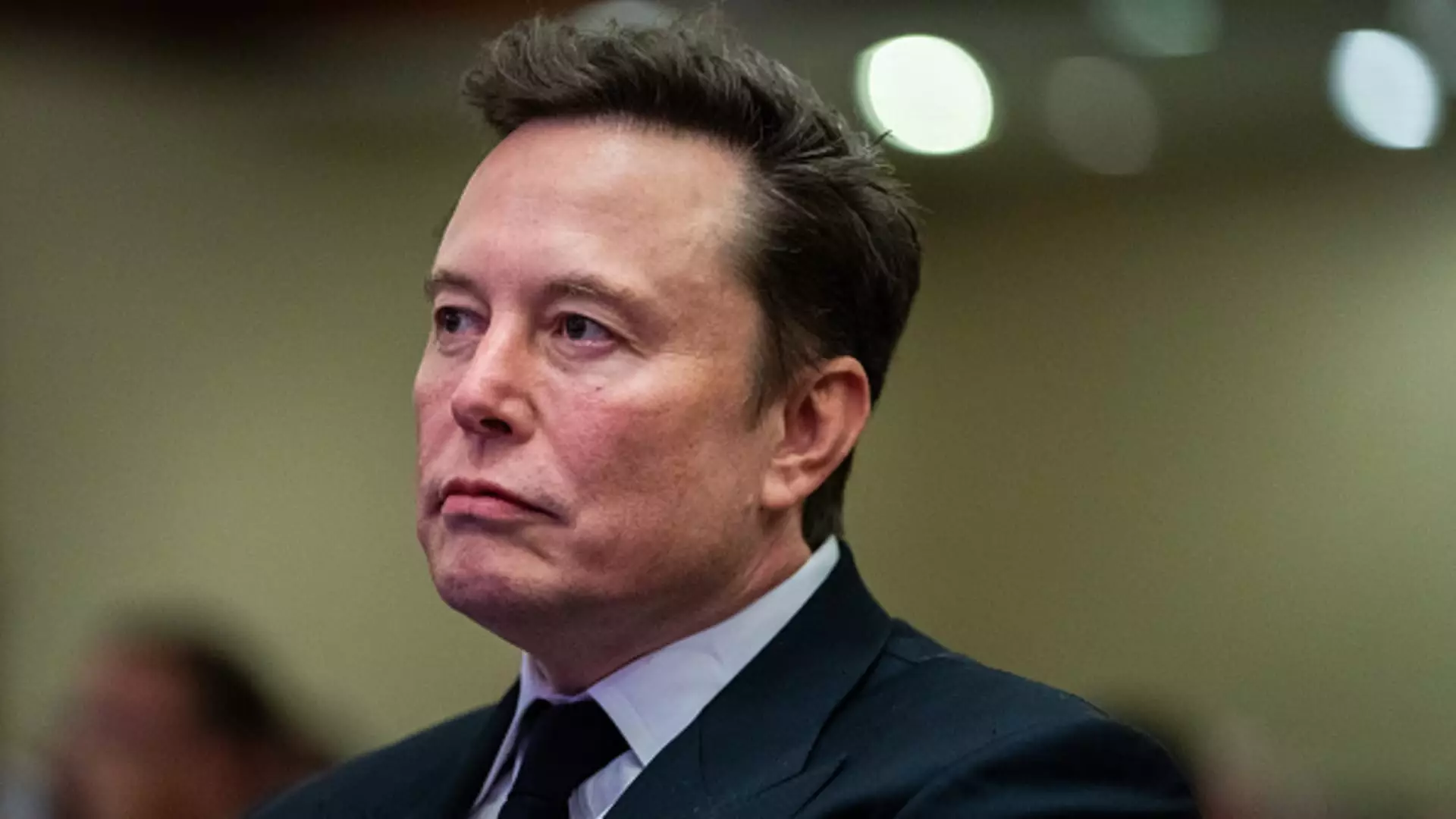Elon Musk, the face of innovation in the automotive industry through his leadership of Tesla, recently faced a significant legal challenge regarding his historic compensation package. On a recent Monday, a Delaware judge upheld a previous ruling that deemed Musk’s 2018 pay package of approximately $56 billion as improperly granted. This ruling not only reinforces the complexities surrounding corporate governance but also highlights the contentious relationship between executive compensation and shareholder rights in publicly traded companies.
The judge, Chancellor Kathaleen McCormick, argued that Musk had exercised disproportionate control over Tesla, subsequently dictating the terms of his own compensation without adequate checks and balances from the board. Musk’s substantial influence over the company led to the conclusion that the board failed to negotiate the pay package in good faith, a process that McCormick described as “deeply flawed.” The implications of this ruling point to broader issues in corporate governance, especially regarding the perceived conflicts of interest that can arise when executives have overwhelming power over their own compensation schemes.
Chancellor McCormick’s decision to void the pay package was underpinned by her assertion that allowing Musk’s pay to stand would set a precarious precedent. She firmly stated that creating new facts post-judgment for the sake of revising it could lead to interminable lawsuits, questioning the integrity of judicial processes. Furthermore, her stance on maintaining the integrity of the legal system is commendable; it asks critical questions about accountability and transparency in high-profile corporate environments.
Following this ruling, Tesla planned to appeal the decision, demonstrating the company’s unwillingness to simply accept the court’s opinion. Musk’s fiery rhetoric on social media, particularly when labeling the ruling as “absolute corruption,” reflects his resilience but also points to a potentially troubling trend: executives publicly undermining the judicial process. With Tesla’s management seeking a shareholder ratification of Musk’s pay, the repercussions of McCormick’s decision extended beyond the courtroom, prompting discussions around corporate governance and ethical oversight.
In June 2024, shareholders voted on Musk’s pay plan during Tesla’s annual meeting in Austin, Texas. While Musk’s legal team presented this vote as a potential green light for the pay package, McCormick’s opinion indicated that this was unlikely to have any bearing on the court’s decision. It serves as a reminder that while shareholder engagement is crucial, it cannot substitute for proper procedural integrity in the boardroom.
Despite the ruling’s implications, Musk witnessed a notable increase in his net worth in recent weeks—over $43 billion since Trump’s election victory. This surge in wealth can be attributed to a 42% rise in Tesla’s stock value, highlighting how external political dynamics can significantly influence market performance. Investors appear optimistic that Musk’s relationship with policy-makers will count towards favorable corporate conditions, further complicating discussions of executive compensation.
Musk’s asset portfolio remains significantly substantial, with Tesla stocks alone valued around $150 billion, a figure that underscores the enormous stakes involved not just for Musk as an individual, but for the investors reliant on Tesla’s continued success. The rebound in share prices speaks volumes about market sentiment and stakeholder confidence, even amidst ongoing controversies.
The events surrounding Musk’s compensation package are emblematic of larger trends in corporate governance, where the lines between power, discretion, and ethical practice can often blur. The ruling by Chancellor McCormick is a crucial reminder of the necessity for due process in corporate matters and the importance of maintaining investor trust. While the legal challenges ahead for Musk may prove complex, the wider conversations sparked by this case highlight the urgent need for appropriate checks and balances in companies led by similarly powerful executives. The outcome may very well set critical precedents influencing the future of corporate governance in the U.S., impacting not just Tesla but also the wider landscape of publicly traded companies.

